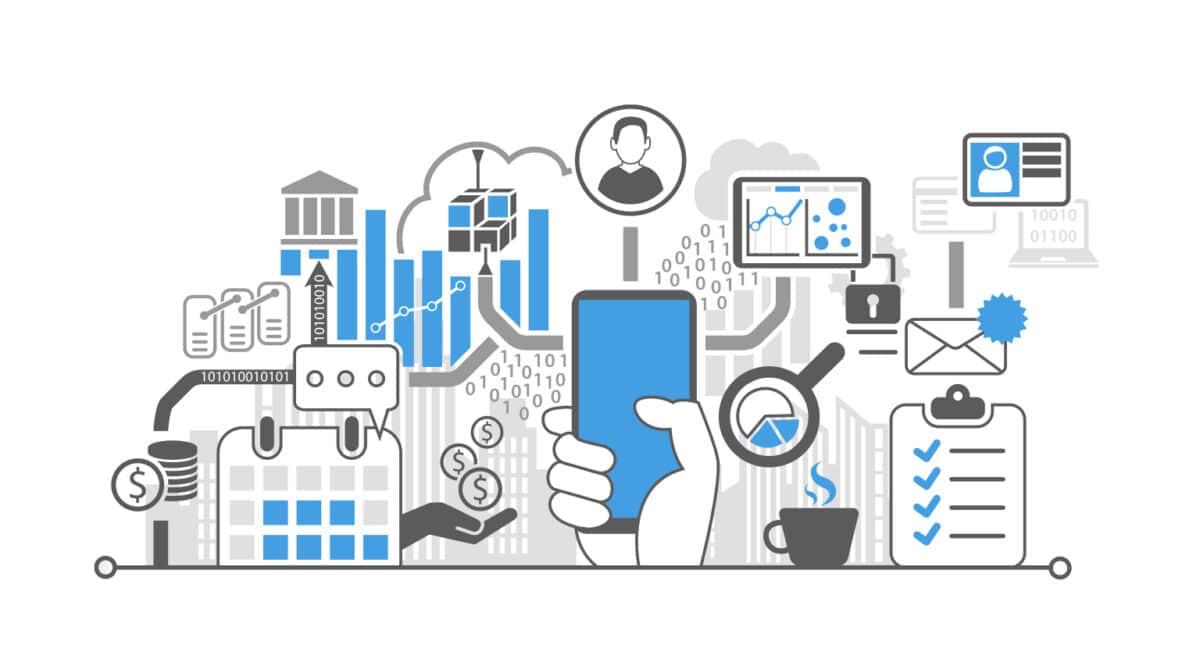If you haven’t added the term ‘blockchain’ to your vocabulary, then it is high time that you do…. starting right now.
Blockchain is a system of recording information in a way that makes it difficult or impossible to change, hack, or cheat the system. Sound interesting?
How about using this technology for something practical….. like tracking real-time pricing of drugs in the marketplace based on the input of many verified and trusted customers. Got your attention?
Well, the first hospital in the US has just announced it has signed on to the concept and expects the result will be a tsunami of customers ready to also jump on this newfangled bandwagon.
So, what exactly is blockchain?
A blockchain is essentially a digital ledger of transactions that is duplicated and distributed to each participant in the network of computer systems on the blockchain. Each block in the chain contains many transactions, and every time a new transaction occurs anywhere on the blockchain, a record of each transaction is added to every participant’s ledger. The decentralized database managed by multiple participants is known as Distributed Ledger Technology (DLT) see graphic above.
Do hospitals use blockchain?
As noted in the press release below, hospitals are starting to embrace blockchain. Blockchain will be used for health record-keeping, clinical trial findings, patient monitoring, tracking safety protocols, display information & transparency, and much more. It will support hospital financial management and minimize the time and cost of data transformation. Industry pundits also predict that Pharma and any organizations involved in high-volume healthcare transactions will also seek to join.
What are the risks of blockchain technology in healthcare?
The biggest concerns about implementing blockchain in healthcare are technological limitations, speed, and scalability. Storing large records on the blockchain, such as full electronic medical records or genetic data records, would be inefficient and costly. It is also currently difficult to query data within a blockchain, limiting clinical & statistical research. Perhaps the most vexing concern is its lack of confidentiality (e.g., patient privacy). As such, many questions will need to be answered before blockchain reaches full deployment in healthcare….. but now you know enough to sound more smarter.
Baptist 1st system to use blockchain for drug pricing
Baptist Health, a nine-hospital system in Louisville, Ky., is the first health system in the U.S. to use
MediLedger’s blockchain technology to review prices for procured drugs.
The system teamed up with MediLedger, a blockchain pharmaceutical technology company, to ensure the 40,000 pharmaceutical products it buys every year are “the correct negotiated contracted prices,” Thomas Matanich, system director of pharmacy contract management for Baptist Health, said in a July 18 news release.
The blockchain technology will help the system find and address price discrepancies before purchasing a
pharmaceutical product, the release said. “It’s very interesting nobody has taken on that bull by the horn,” Nilesh Desai, chief pharmacy officer at Baptist Health, told Becker’s.
Page Twenter – Beckers Hospital Review


